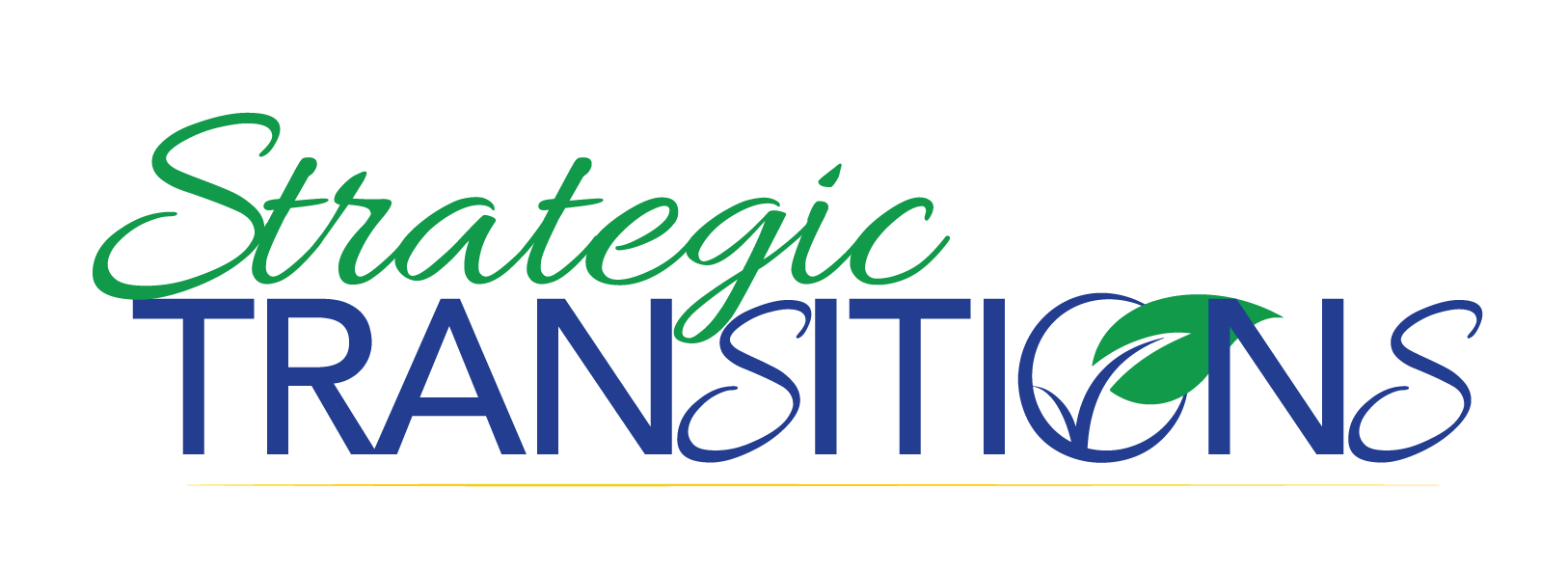
Burnout has many faces. The toll from putting in long hours at a physical job manifests differently than the impact of a toxic office atmosphere, for example. However, a commonality is feeling like we’ve “hit a wall,” only to continue post-collision like automatons.
According to the Mayo Clinic, job burnout is “a special type of work-related stress — a state of physical or emotional exhaustion that also involves a sense of reduced accomplishment and loss of personal identity.” A reasonably clear definition, yet how does one compare the burnout experienced by a 19th-century coal miner who was first lowered into a shaft at eight years old, with today’s Great Resigners, burned out from Zoom fatigue?
While reflecting on extremes of the human experience can help keep things in perspective and spark a sense of gratitude, burnout shouldn’t need legitimizing or a doctor’s note for HR. Unfortunately, even under the best circumstances, there’s a collective burnout underway caused by issues bigger than what can be dealt with in corporate boardrooms or the therapist’s couch. We can try to tune it all out, but the specter of political coup attempts, coronavirus variants, global supply chain snarls, food price spikes and the climate crisis weighs heavily on the psyche.
So far, 2022 doesn’t promise relief from these problems, and yet, work goes on. One way to address this is to focus on wellness throughout the workday. Unfortunately, the word “wellness” has become associated with posh tech offices decked out with relaxation pods and yoga studios. Most people don’t work in such places, and it’s unclear if those amenities get to the root of the burnout problem.
Instead, aim to achieve workday wellness by making small but consistent changes to your routine. For example, spend time preparing for the new work year by evaluating your office’s ergonomic quality, aim to incorporate periods of movement like walking and stretching throughout the day, get some sunlight exposure and resolve to make healthier food choices.
It’s easy for these positive changes to take a backseat when demands of work pile up but wellness is the ultimate productivity. Being sound of mind and body makes people better at their jobs, and it’s hard to improve with carpal tunnel, eye strain, back pain and metabolic diseases.
Sacrificing wellness under the guise of productivity isn’t sustainable
Returning to the extreme example, the eight-year-old coal miner helped power a growing society and filled the hungry bellies of younger siblings, but most certainly died young and fouled the environment through no fault of his own. Today, many people have far greater control over their working lives. We may believe that spending 10+ hours per day hunched over, eyes glued to screens while fueling bodies with sugar-laden snacks is good for business, and though these habits may not cause our immediate demise, such “productivity” catches up with us in insidious ways.
Some jobs, firefighting, for example, do require significant departures from the comfort zone; however, a clear net benefit justifies the taxing work conditions, and even the most rugged livelihood can withstand some necessary wellness upgrades. It’s essential to question who benefits from the toil. If the answer isn’t clear, it may be time to reexamine priorities and find a new gig.
It would be a stretch to claim that adjusting an office chair will help weather the storms of 2022, and so an aspect of progressing towards greater wellness is adapting goals. Part of what makes society’s current challenges difficult for the individual is that they question what we can hope for in the future. Many were blind-sighted by the events of the past few years, and some have sought new hometowns and jobs as means of adjustment. Yet, the changes can go a bit deeper.
Devoting time to reflecting on how well your career trajectory lines up with your highest values is also productive. Wellness is about pursuing your wellbeing, but it’s also about the wellbeing of colleagues, neighbors and the people we pass on the street who may be experiencing more significant hardship. We can’t singlehandedly solve the world’s macro-level problems, but by ensuring that our work imbues some benefit to ourselves and our communities, we’ll collectively be on the right track.
Connect with Yonette
My coaching & mentoring opportunities are tailored for you in your particular circumstance. After an initial discussion, together we decide and confirm which individualized opportunity suites you best.Did you know?
About 42 percent of Americans have had a “career lightbulb” during the pandemic, according to a OnePoll survey commissioned by the Universal Technical Institute. In addition, a special report from the McKinsey Global Institute forecasts that over 100 million people worldwide, or 1 in 16, will need a different occupation by 2030. This represents a 12 percent uptick from pre-pandemic estimates.
The Universal Technical Institute says that the threats resulting from the pandemic have “reinvigorated people toward pursuing a career that is more fulfilling than their current one.” This time of uncertainty is a time of opportunity for professionals at all stages of their careers who are open to fresh career and professional experiences. People are asking themselves fundamental questions about leveraging their current professional status into what gives them the deepest sense of fulfillment and alignment with their core values.

About the Author
Dr. Yonette Thomas is a thought leader, committed mentor, and amplifier of professional paths. She created Strategic Transitions to share her leadership and professional insights with early career, mid-career, and senior-career individuals needing a hand-up, a strategy conversation, or a path amplifier.
